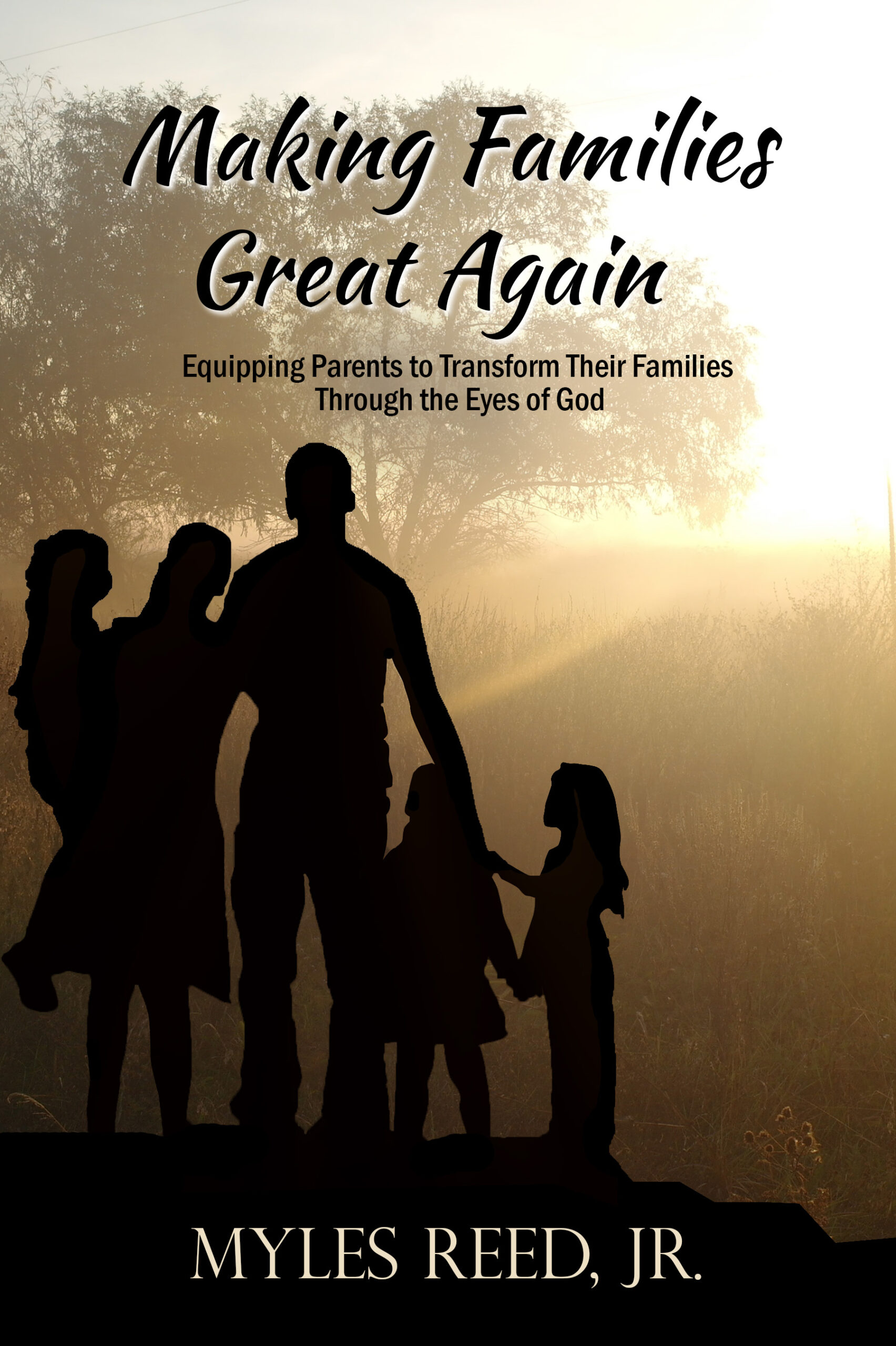To create a dark feeling of depression, we must write something better than “she was depressed,” or the cliché: “it was a dark and stormy night.” Readers need to be shown the dark colors in a scene.
Some great words from False Memory by Dean Koontz:
Rather than follow her customary preference for bright colors, Martie had gone to the dark side of her wardrobe. Black boots, black jeans, a black pullover, and a black leather jacket. She looked like a mourner at a biker’s funeral. In this stark outfit, she should have appeared to be tough, as hard and as formidable as night itself. Instead, she seemed as ephemeral as a shadow fading and shrinking under a relentless sun.
What we might see for an improved version:
Rather than follow her customary preference for bright colors, Martie chose the dark side of her wardrobe. Black boots, black jeans, and a black pullover. With her black leather jacket, she looked like a mourner at a biker’s funeral. In this completely black outfit, she should have appeared as formidable as the darkness of night. Instead, she felt as short-lived as a shadow shrinking under a setting sun.
Some logic for making improvements:
- The past perfect tense “had gone” takes readers out of the present moment. Any time we can keep the actions in the current moment, we avoid the telling aspect of had. We do better by writing “Martie went” or “Martie chose” instead of “Martie had gone.”
- The “rule of threes” says our picture will be stronger, subtly more pleasing to the reader’s ear, if we reduce the number of black items to three in the sentence. The expression becomes more powerful if we move the fourth item into the sentence that follows.
- What is a stark outfit? You may have heard the term stark naked, but do you know that means “completely naked”? The concept intended for stark outfit is color-coordinated outfit. Readers are more likely to understand “completely black outfit,” so let’s use that.
- Tough, hard, and formidable are close to saying the same thing. We might think the repetition adds strength to the meaning, but today’s readers prefer the strongest picture using the fewest words. We should use the strongest word, formidable, understanding that anything formidable must be tough and hard.
- How can night be formidable? It’s the darkness, so we should include that detail, saying “formidable as the darkness of night.” We can delete itself.
- Seemed is seldom a good word in the character’s point of view. What seems to be from an observer’s point of view doesn’t seem to the character, it is, so seem isn’t a good choice in Martie’s point of view. “She felt” is better.
- What does ephemeral mean? Ask twenty people, and you might find one who knows the word well enough to guess at a definition. The context of the sentence suggests a meaning, but it’s a good idea not to challenge readers to guess, because some with think of ethereal, meaning “heavenly.” Readers won’t look up the word in a dictionary, so most will keep reading, slightly confused. Therefore, short-lived is better.
- A relentless sun creates an inaccurate picture because an intense sun doesn’t cause a shadow to fade or shrink. A setting sun does that.
- The two words, fading and shrinking, divide the focus. We should keep the one that best associates with short-lived. So we’ll keep shrinking and throw away fading.




 Character is a critical key to becoming a person of quality, and it starts in the home!
Character is a critical key to becoming a person of quality, and it starts in the home!